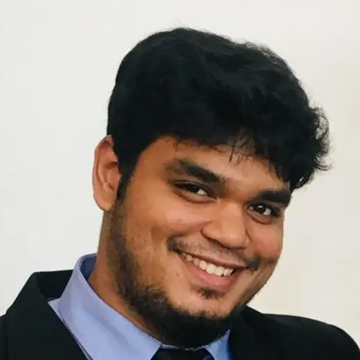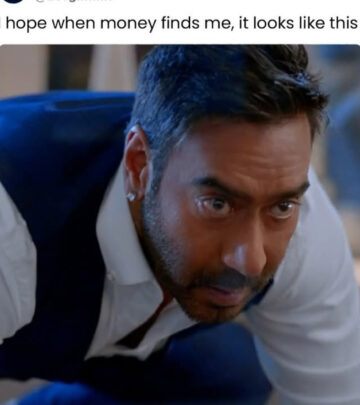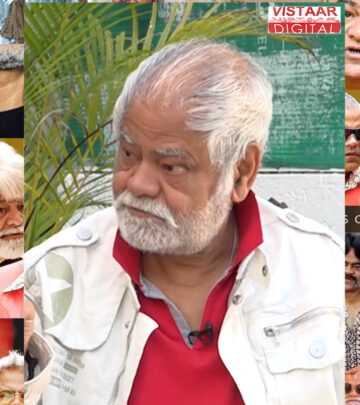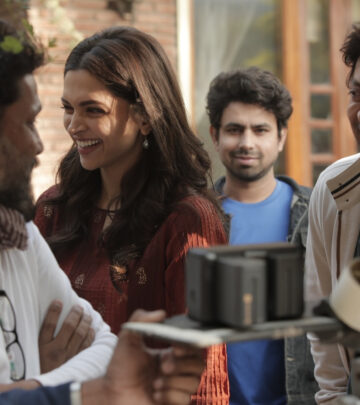Abhijeet Bhattacharya On Pahalgam Attack: Never Forgive
Bollywood singer Abhijeet Bhattacharya’s post: ‘Never forgive’ after Pahalgam attack shock.
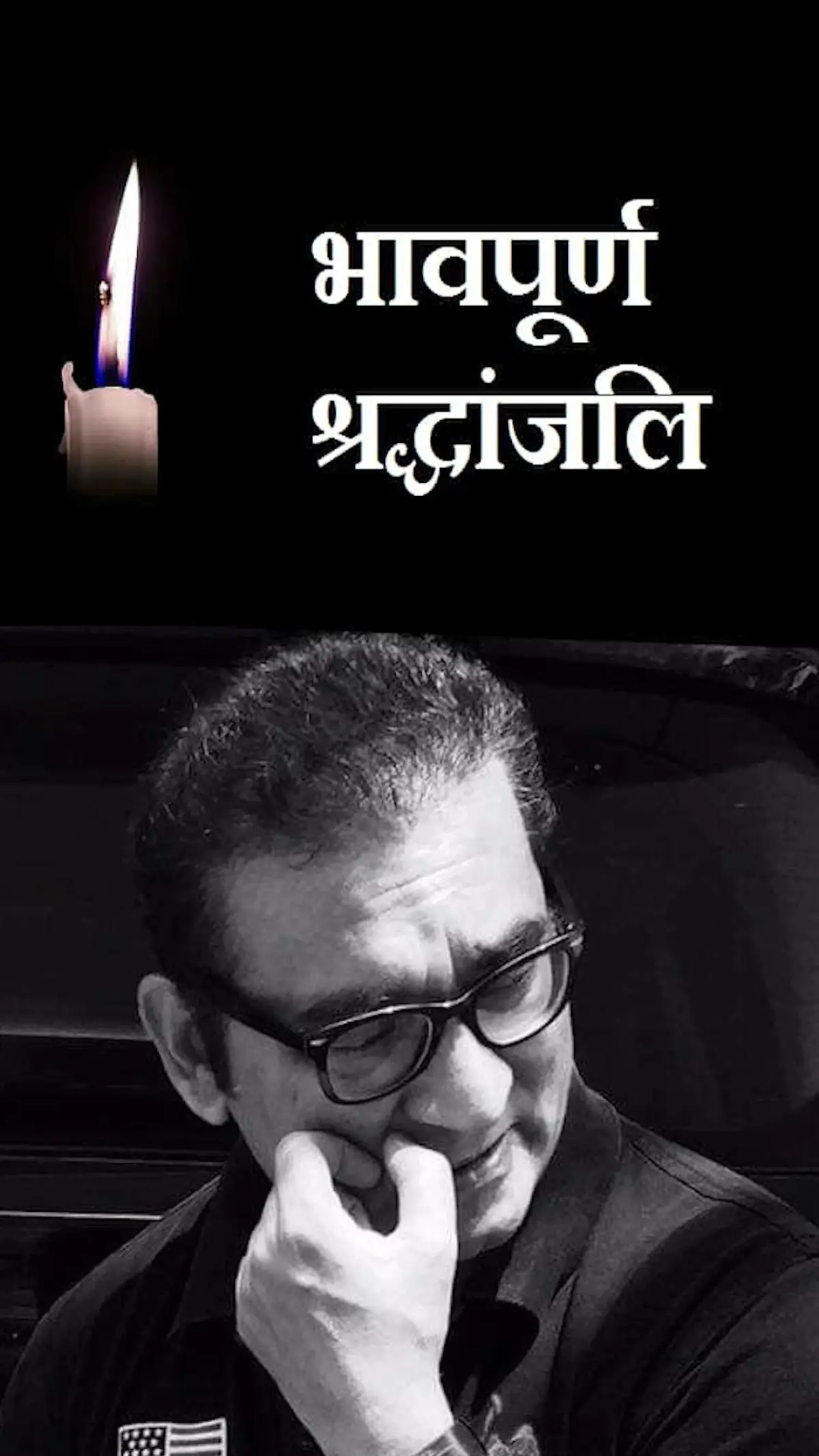
Image: Instagram
Abhijeet Bhattacharya, the renowned Bollywood singer known for his soulful hits and candid social media reflections, has once again captivated his audience. In his latest Instagram post, he simply wrote “Never forgive…” accompanied by the hashtags #phalgamattack, #JusticeForVictims, and #omshanti, leaving fans and onlookers to ponder the deeper significance behind his words.
The Message Behind The Hashtags
The succinct yet powerful caption has sparked discussions among his followers and the media. The phrase “Never forgive…” is laden with emotion and a call for accountability, especially when paired with references to the Pahalgam attack. The hashtag #phalgamattack suggests the post is likely in response to an incident that has deeply affected many, and the appeal for justice echoed by #JusticeForVictims reinforces that idea. The concluding #omshanti, a phrase rooted in spiritual tranquility, hints at an appeal for solace and peace amidst upheaval. This blend of resolve and prayer reflects Bhattacharya’s tendency to seamlessly merge art with poignant social commentary.
Context And Cultural Significance
Pahalgam, a region that has witnessed its share of adversities, is now at the center of this narrative. While details of the attack remain a subject of intense discussion and media scrutiny, Bhattacharya’s post stands out not only as an artistic expression but also as a public statement. His choice of words—marked by an uncompromising stance on forgiveness—mirrors the mood of many who believe that certain acts, especially those that lead to significant loss and trauma, should not be met with leniency.
Moreover, the use of hashtags plays a dual role. On one level, they serve as a way to broadcast the message widely and create a virality that pressurizes decision-makers and influencers alike to take note. On another level, they connect the post with broader campaign movements that seek justice and remembrance for the victims of terror attacks, a recurring theme in times of national sorrow.
Impact And Public Reaction
Social media reactions to Bhattacharya’s recent post have been varied. Supporters applaud the singer for his unflinching stance and the raw emotion behind his words. They see it as a timely reminder that in a world beset by recurring instances of violence and terrorism, the pursuit of justice must remain uncompromised. Critics, however, have cautioned that such brief messages on digital platforms can sometimes oversimplify complex issues. Regardless of the mixed reviews, the conversation spurred by his post is a testament to his influence; his words have not only resonated with loyal fans but have also invited a wider discourse on how art and public sentiment converge during times of crisis.
Abhijeet’s choice to address the Pahalgam attack so directly may also be reflective of a broader trend among celebrities who are increasingly harnessing social media to comment on political and social issues. In an era where a single Instagram post can mobilize millions and shape public opinion, his message carries significant weight.
Bridging Music, Emotion, And Social Conscience
As an artist with decades of experience, Bhattacharya has often been seen melding his musical heritage with contemporary realities. His discography and public appearances tell the story of a man who not only entertains but also introspects and challenges his audience to think deeper. The current post, which on the surface appears minimalistic, is loaded with cultural symbolism and invites viewers to consider the broader implications of forgiveness and justice in a troubled world.
Celebrity Activism In The Digital Age
In today’s interconnected world, celebrities are expected to wear multiple hats. Beyond being entertainers, they are seen as influential voices who can steer public sentiment and even influence policy debates. Bhattacharya’s recent statement on social media reinforces this trend. By choosing a brief, impactful message over a lengthy explanation, he allows the post to speak for itself while inviting viewers to explore the context behind the hashtags.
This method of communication—concise yet evocative—is well suited to the digital age. It not only preserves the brevity demanded by modern social platforms but also provokes thoughtful engagement. Commentary and discussions in the comment sections of such posts often turn into mini-forums of opinion, fact-checking, and solidarity with victims, thereby playing an active role in the digital discourse surrounding events like the Pahalgam attack.
The Broader Implications
While the specifics of the incident that led to the use of #phalgamattack have not been exhaustively detailed on Bhattacharya’s post, its resonance is unmistakable. The language of the post pushes the boundaries of simple social media updates into the realm of activism. It is a reflection of the times when celebrities are not just purveyors of entertainment but are also expected to bear witness to history and advocate for change.
This post, much like his earlier campaigns and expressions during live performances and concerts, serves as a reminder that the personal often merges with the political. In moments of national or regional crisis, every word counts. Bhattacharya’s decision to forgo verbosity in favor of a message that is both direct and emotionally compelling is a strategy that underscores the power and responsibility of influential figures in shaping contemporary narratives.
Read full bio of Glendon Moss

